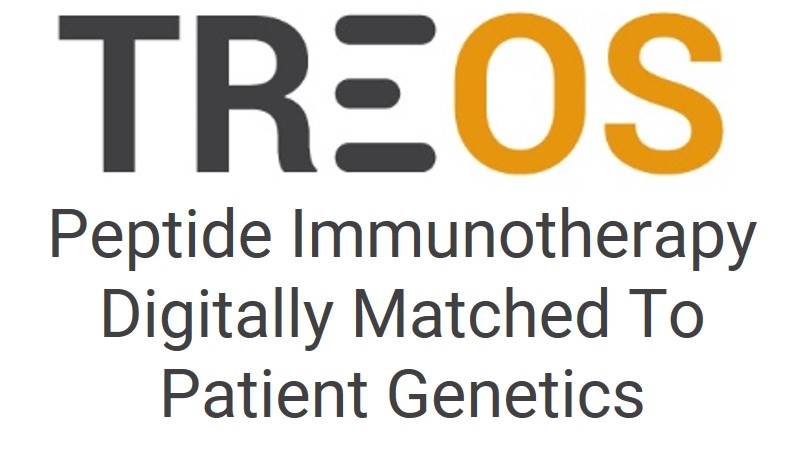PLATFORM TECHNOLOGY
Each cancer consists of a diverse mix of cells. Each person’s immune system generates an individualized response against each specific cancer cell type. This results in extreme variabilities of interactions between people’s immune systems and their cancers. Delivering a cancer immunotherapy that stimulates the immune system to kill cancer cells (and only cancer cells) requires a broad and deep understanding of immunology.
To understand the mechanism behind the immunotherapeutic effect of cancer immunotherapies TREOS scientists investigated the relationship between clinical outcome and complete HLA genotype in treated individuals that participated in clinical trials. They demonstrated that an individual’s HLA class I and class II genotype is the main determinant of clinical response. Specifically, personal epitopes (PEPIs) identified with the PEPI Test are genetic biomarkers that predict peptide-specific T cell responses of individual patients. The PEPI biomarker not only predicts the clinical outcome of peptide recipients but also the clinical trial outcome of cancer immunotherapies in a model population of HLA genotyped individuals.
TREOS findings provided a solution to the long standing puzzle of the variability of individual patient’s clinical responses to cancer immunotherapies. Clarifying the mechanism by which highly variable HLA genes activate T cell responses provides clinicians with a novel personal genetic biomarker that help to select likely responders to cancer immunotherapies and perhaps other immune-based therapies.



